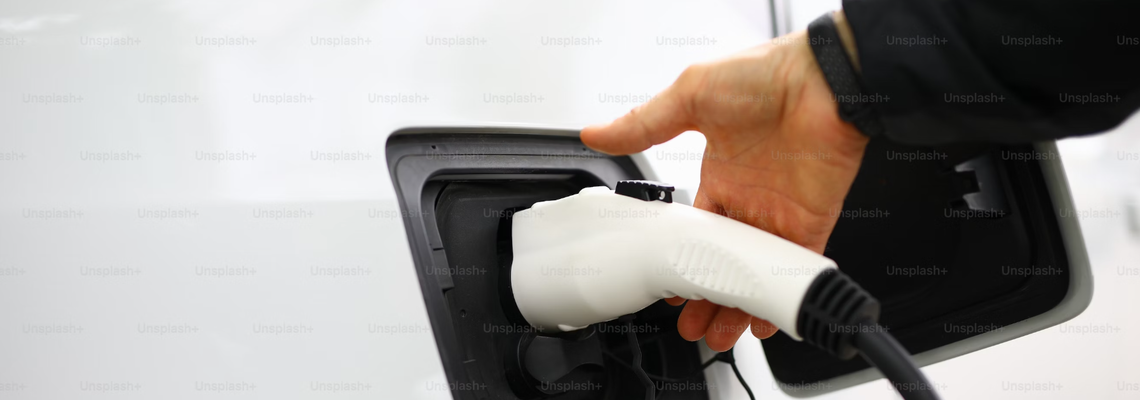
Import duty on e-cars: Swiss importers react with shock
Critical voices have been raised following Switzerland's decision to extend the car tax to electric cars in order to compensate for tax losses. The change will have a huge impact on prices and sales figures for electric cars. Car importers see the announcement as the wrong signal from politicians, which could have serious consequences.
The Swiss government recently announced that it would also be levying a car tax on electric cars from 1 January 2024. This decision has caused disappointment among car importers in Switzerland. The auto-schweiz association, which represents car importers, described the day of the announcement as a "black day for electromobility in Switzerland".
Until now, electric cars have been exempt from this tax since the introduction of the automobile tax in 1997. The tax amounts to 4 per cent of the value of cars manufactured or imported in Switzerland. By abolishing the tax exemption, the Federal Council is reacting to the increasing tax losses resulting from the growing popularity of electric cars. The Swiss government could realise up to CHF 150 million from the revenue generated by the electric car tax.
The Association of Swiss Automobile Importers sharply criticises the Federal Council's decision and fears a decline in purchases due to the additional costs. The importers also see a contradiction between the deterioration in the framework conditions for electromobility and the CO2 reduction targets set by the same policy. The transport sector in Switzerland is to reduce its CO2 emissions by 57 per cent by 2040 compared to 1990. With the taxation of electric cars now announced, the industry sees this target as a long way off.
auto-schweiz describes the extension of the car tax as a de facto import duty. Various import duties should actually be abolished in Switzerland from January 2024 in order to strengthen the country as a business location. Imposing a tax now that has to be paid when importing e-cars clearly goes against this goal.
The question of how the Federal Council intends to promote e-mobility despite the tax remains unanswered. The Swiss Automobile Association proposes, among other things, the complete liberalisation of the electricity market. This could help to reduce prices in the currently state-dominated electricity market and increase the attractiveness of electric cars. The expansion of domestic electricity production could also help to ensure that e-mobilists can continue to rely on a sufficient supply of electricity in the future.
It is true that levying the tax may be a necessary adjustment to compensate for tax shortfalls. At the same time, however, the government is also sending a clear signal of a new stance against electromobility. Critics see it as a step backwards in the endeavour to make the transport sector more sustainable. It remains to be seen how this decision will affect the development of electromobility in Switzerland.
